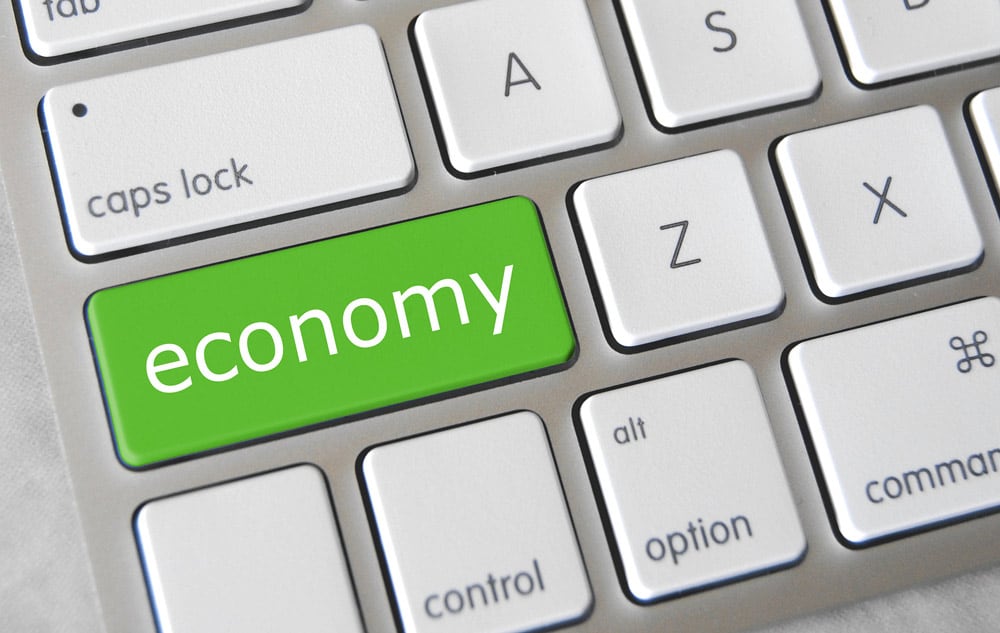Irish CEOs are optimistic about the domestic economy with confidence back to pre-Covid levels, according to the findings of the seventh KPMG Irish CEO Outlook.
Over seven in ten (72 percent) Irish CEOs surveyed are optimistic about Irish growth prospects compared to 56 percent in 2020. They have highlighted that inorganic strategies such as joint ventures, M&A, and strategic alliances are the main post-pandemic levers for increased levels of growth.
The vast majority of Irish CEOs are confident in the future success of their organisation, but they are cautious in relation to revenue growth, with over half (56 percent) projecting modest three-year growth of up to 2.5 percent and just over a third (36 percent) expecting growth between 2.5 and 5 percent growth.
Commenting on the findings of the seventh KPMG Irish CEO Outlook, Managing Partner of KPMG in Ireland, Seamus Hand said, “We have experienced this optimism in the market supporting our clients as the economy returns to more normal patterns and consumer sentiment improves, while significant capital remains available to be invested. CEOs in Ireland are seeing opportunities and are actively looking at growth strategies to help them get ahead of the competition. However, they are acutely aware of managing risk and getting it right on issues such as the future of work, cyber security, disruptive technology and supply chain issues will be critical if they are to deliver on their growth ambitions.”
The Future of Work – the office is here to stay
Almost two thirds (64 percent) of Irish CEOs said that most employees in their organisation will be working remotely at least 2 or more days a week – which is significantly higher than their global peers (37 percent).
Seamus Hand said, “The office is here to stay as the focal point for the vast majority of companies. However, Irish business leaders increasingly recognise the need for greater flexibility and a strong organisational culture given the changing nature of talent acquisition and retention. Transformation of operating models will enable employers of the future to expand their reach into a wider pool of talent.”
Only a quarter of Irish CEO’s (24 percent) plan to or have already downsized their physical footprint or office space as a result of the pandemic and changing working habits – down significantly from 88 per cent in 2020.
According to Seamus Hand, “CEOs are less likely to see it as necessary to downsize their physical footprint since last year as some of the challenges experienced with remote working have highlighted the value that offices bring in building culture, enabling coaching and facilitating collaboration and innovation.”
Irish CEOs facing increased demands from stakeholders on ESG matters
A greater proportion of Irish CEOs (80 percent) report a demand from investors, regulators, and customers for increased reporting and transparency on ESG (environmental, social and governance) issues than their counterparts worldwide (58 percent). According to Seamus Hand, “Among the many socio-economic and environmental challenges facing the world, stakeholders are focusing more than ever on ensuring companies are transparent in and accountable for their role in tackling climate change by reducing their carbon footprint but also creating a positive impact on broader society.”
Ahead of the COP26 climate summit business seeks government help to achieve net zero
84 percent of Irish business leaders are focused on locking in their sustainability and climate change gains made during the pandemic. However, CEOs in Ireland and worldwide indicate that a multifaceted approach will be required – the vast majority of leaders surveyed (80 percent in Ireland and 77 percent globally) believe that government stimulus is required to turbocharge their goals of reaching net zero. And over two thirds (68 percent) of Irish CEOs believe that this autumns COP26 climate summit in Glasgow will be a pivotal moment in injecting urgency to the climate change agenda. Commenting on CEO sentiment, Seamus Hand said, “Business transformation is moving with pace to deliver on climate action plans and our Sustainable Futures teams are experiencing high demand for support helping companies in every sector pivot to a low carbon or net zero future.”
Growth strategies driven by joint ventures, M&A, and strategic alliances
84 percent of Irish CEOs have identified inorganic methods such as joint ventures, M&A, and strategic alliances as their main post-pandemic growth strategy (87 percent worldwide) and just under half (44 percent) of Irish CEOs said that they are likely to undertake a major acquisition, which will have a significant impact to their organisation (50 percent worldwide).
Cyber and digital disruption joined by supply chain resilience as key long-term risks for business models
Cyber security, disruptive technology and supply chain risk are cited by Irish CEOs as the leading threats to growth over the next three years as 56% of Irish CEOs say that their business’ supply chain has had increased stress during the pandemic.
The full KPMG 2021 CEO Outlook will be published on Tuesday September 14

